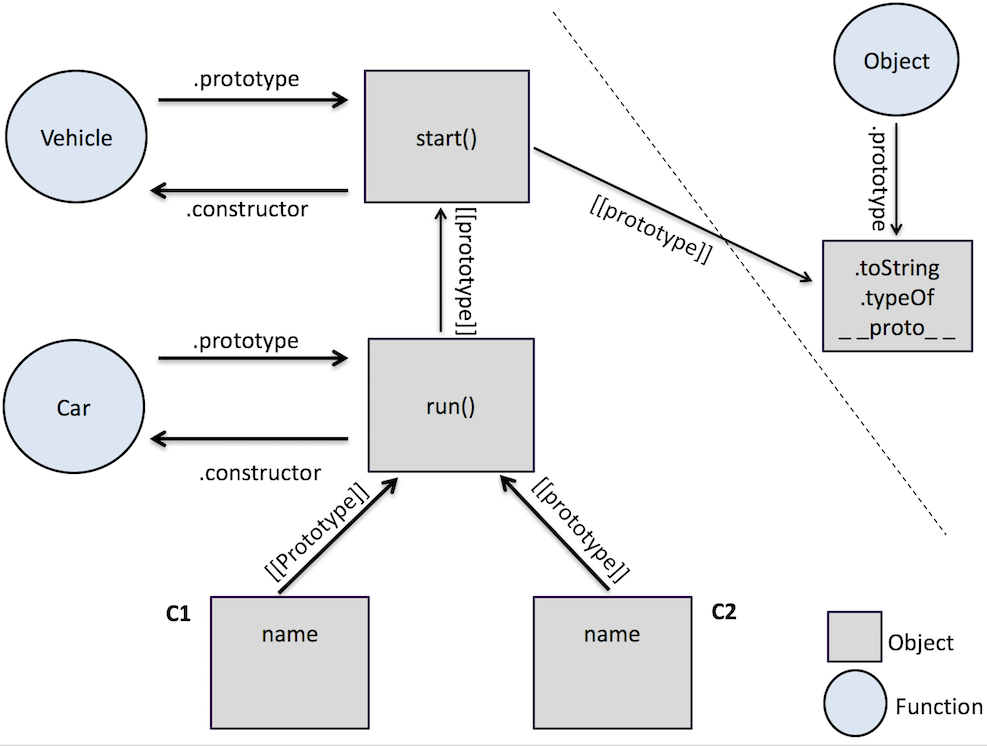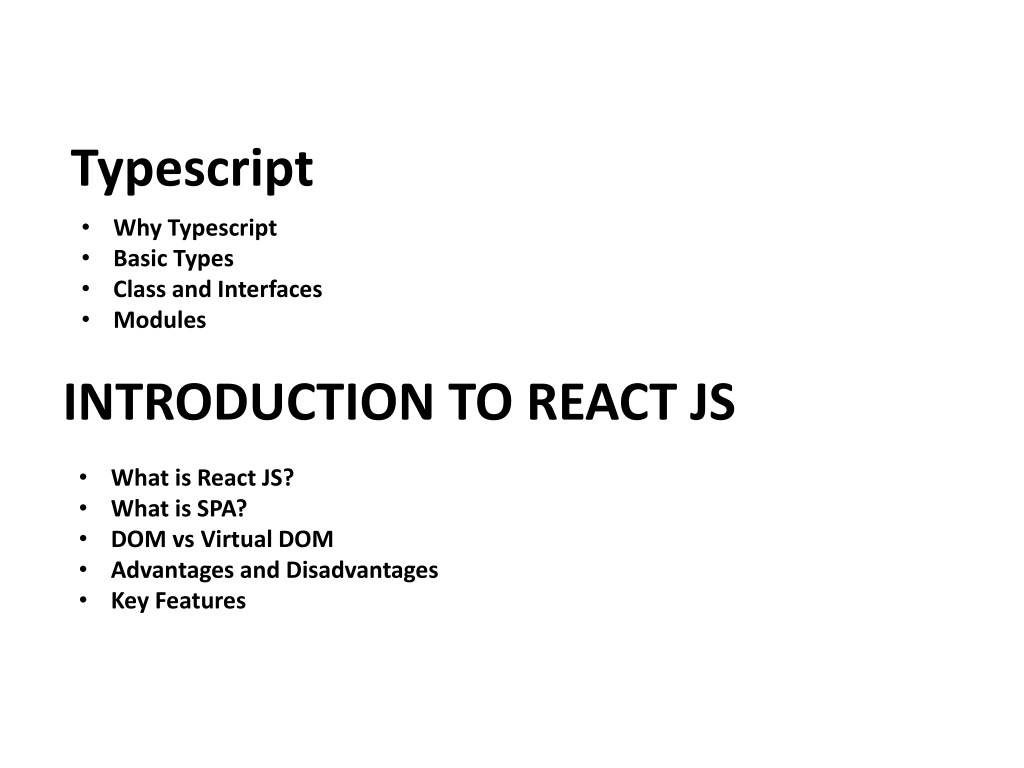

- YOU DONT KNOW JS PROTOTYPAL INHERITANCE CODE
- YOU DONT KNOW JS PROTOTYPAL INHERITANCE PLUS
- YOU DONT KNOW JS PROTOTYPAL INHERITANCE FREE
YOU DONT KNOW JS PROTOTYPAL INHERITANCE PLUS
It includes everything from the "Epic Collector" reward level PLUS it includes **all** the add-ons: digital inscriptions, print inscriptions, a personalized github commit, the Exclusive 4-sticker pack, AND a 1-hour zoom call with me. sayGoodbye ( ) // check inheritanceĪlert (student instanceof Person ) // trueĪlert (student instanceof Student ) // true define the Person Class function Person ( ) var student = new Student ( ) So, I think when people ask you in an interview whether JS has classical inheritance or prototypal inheritance, you should say neither-it has behavior delegation. No matter how much experience you have with JavaScript, odds are. When you call a method on the child that comes from the parent, the child doesnt hold that method, the parent does, so it delegates to the parent. The following example gives a taste of JavaScript Inheritance. Read 82 reviews from the world's largest community for readers. To do inheritance, you can use any object instance as a prototype. JavaScript is prototype based, not class based. The technical term is prototypal delegation. In JavaScript you don't define classes and create objects from these classes. Spoiler alert, it’s not true inheritance. Like Java, JavaScript is also an object oriented language, but JavaScript does not use classes.

This concise, in-depth guide takes you inside JavaScript’s this structure and object. First let’s see the most common arguments JavaScript programmers state in defence of prototypal inheritance (I’m taking these arguments from the current pool. No matter how much experience you have with JavaScript, odds are you don’t fully understand the language.

In order to do inheritance, you have to use the base class to create a new class, which can then be used to produce derived instances. I know that this answer is 3 years late but I really think the current answers do not provide enough information about how prototypal inheritance is better than classical inheritance. In Java, there are classes, and instances, as separate concepts. In its most common form, it resides inside HTML and provide levels of interactivity to web pages that are not achievable with simple HTML.
YOU DONT KNOW JS PROTOTYPAL INHERITANCE FREE
You Don’t Know JS is free on GitHub (paperback copies available as well). Drastically improve your ability to debug problems in Javascript. nothing to do with classes at all and still using prototypal inheritance under the hood, and could actually cause more problems than it might solve. 1 You Dont Know JS: Up & Going by Kyle Simpson (April 10, 2015) More. JavaScript does not create any stand-alone applications. Understand advanced concepts such as closures, prototypal inheritance, IIFEs, and much more. You Dont Know JS : ES6 and Beyond Go to book.
YOU DONT KNOW JS PROTOTYPAL INHERITANCE CODE
Java code needs to be compiled while JavaScript code does not. You Dont Know JS: this & Object Prototypes: Simpson, Kyle. prototypal inheritance under the hood, and could actually cause more problems than it might solve. Java creates applications that run in a virtual machine or browser, while JavaScript code is run on a browser only. You Dont Know JS Book Series: Like other books in this series, You Don’t Know JS: ES6 & Beyond dives into trickier parts of the language that many. Java is an OOP programming language while JavaScript is an OOP scripting language. A tutorial example and diagram is provided to show relations of an. It may also show that you can quickly pick up the language, even if you don't know much about it. This section provides a quick description of how object inheriting properties and methods from its constructor's prototype object. The following lists some points you can talk about to show your knowledge of programming languages in general. You may have used JavaScript in different situations, but do not have deep understanding of the language. Assuming you know Java pretty well and know a little bit about JavaScript, how are you going to answer the interview question "What is the difference between Java and JavaScript"?


 0 kommentar(er)
0 kommentar(er)
